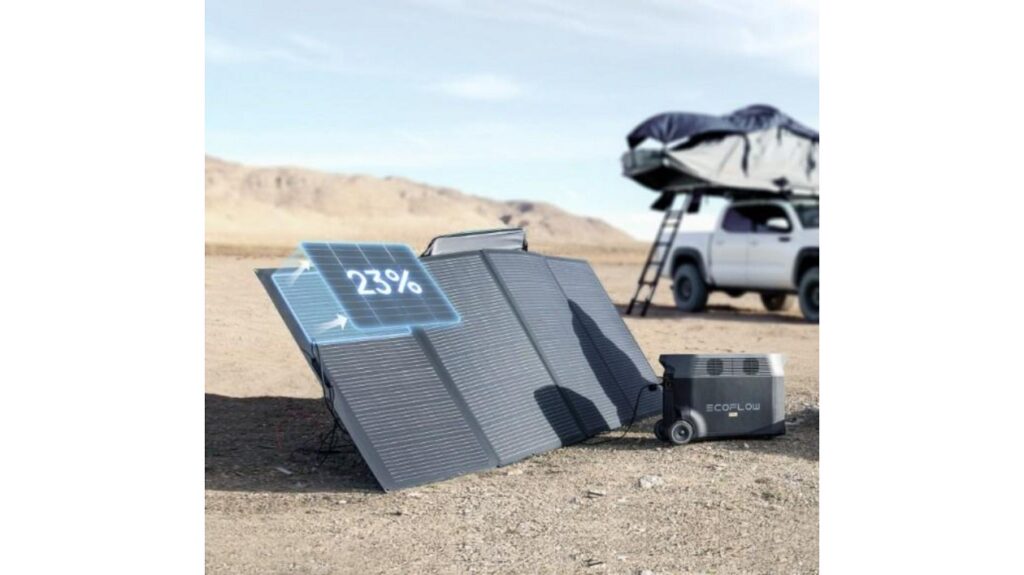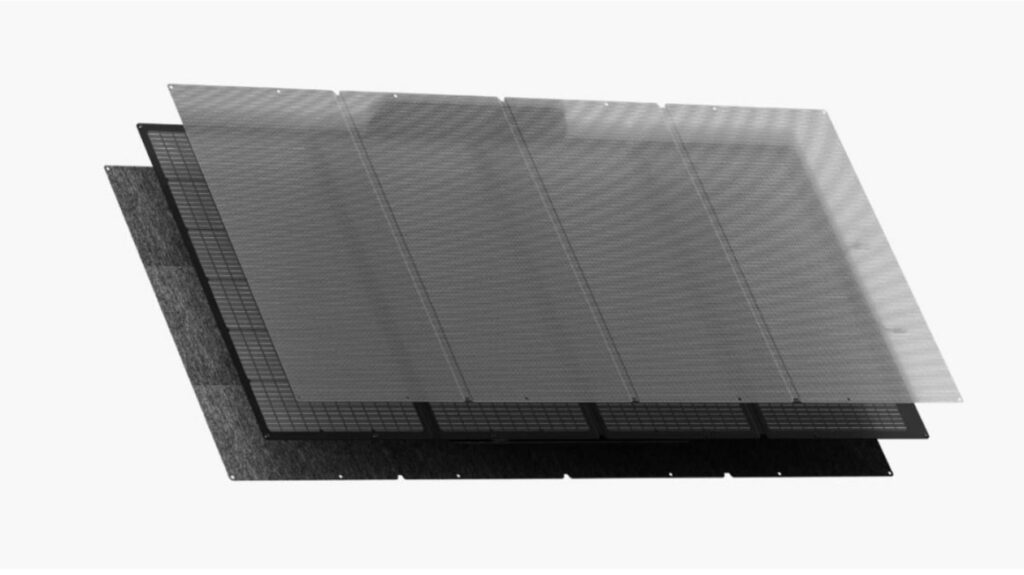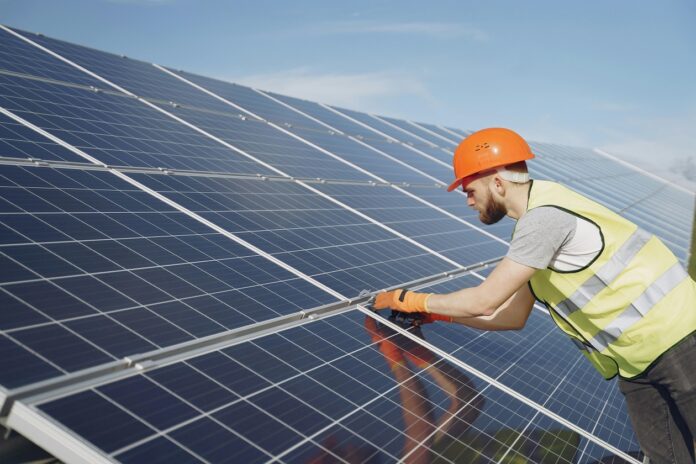Maintaining your solar panel system is critical to ensure its lifespan and peak performance. Solar panels may provide clean, renewable electricity to your house or company for more than 25 years if properly maintained. Regular maintenance prevents unexpected malfunctions and ensures that your system is as energy efficient as possible. In this tutorial, we’ll go over critical maintenance duties, including cleaning, diagnosing common problems, and when to seek expert assistance. By being proactive with maintenance, you may extend the life of your solar panels while lowering long-term expenditures.
How Often Should You Clean Your Solar Panels?
Cleaning your solar panels is critical to preserving efficiency. Dust, trash, and bird droppings can obstruct sunlight, limiting the amount of electricity your panels generate. In general, solar panels should be cleaned every six months; however, this varies by region. For example, if you live in a dusty environment or among trees, cleaning may be required more regularly. In locations with heavy rainfall, the panels may stay clean for longer. To avoid scratching the surface, clean gently using non-abrasive products. Always remove dirt with a gentle brush or a low-pressure hose. Harsh chemicals and high-pressure water should never be used on the panels since they might cause harm. Regular cleaning ensures that your solar panels stay as efficient as possible, allowing for maximum energy output.

Common Solar Panel Issues and How to Fix Them
Low Energy Output – Troubleshooting Tips
A variety of variables might contribute to your solar panels’ low energy production. Check for dirt or debris on the panels, as well as shading from trees or surrounding structures. Check that the inverter is working properly, as faulty inverters can reduce energy generation. Poor connections in the system wiring might also result in diminished performance. If troubleshooting does not fix the problem, it is best to speak with a specialist. Regular monitoring via a solar app or system checks can help identify problems early on and keep your system working smoothly.
Inverter Problems and Solutions
Inverter issues are typical in solar panel installations. If your inverter isn’t working properly, the generated DC power may not be converted into usable AC power, resulting in a considerable decline in energy production. Inverters contain indicator lights that can detect flaws or problems. A frequent option is to reset the inverter; however, if the problem persists, the equipment may require repair or replacement. Check the inverter’s performance on a frequent basis, as this component is responsible for transforming solar energy into useful power. If you’re unsure, always seek expert advice.
Detecting Physical Damage and How to Repair It
Solar panels can be physically damaged due to extreme weather, falling debris, or faulty installation. Cracked glass, blemishes, or broken components can limit efficiency or possibly render the panel inoperable. To identify damage, carefully examine your panels for any apparent indications of wear, particularly after storms or severe weather. If you find any cracks, black patches, or other irregularities, call a specialist for evaluation. Attempting repairs on your own may invalidate the warranty or result in further harm. A specialist will assess if the panel has to be replaced or whether a simpler repair is possible.

Are Solar Panel Maintenance Services Worth It?
Benefits of Professional Solar Panel Maintenance
Professional solar panel maintenance has various benefits, particularly for those who want to guarantee that their system runs at top efficiency. Experts may detect possible problems that homeowners may miss, such as wiring faults or inverter failures. They also have the necessary tools and skills to safely clean and check panels, avoiding damage that may occur during DIY cleaning. Regular expert checkups can help your system last longer and keep its warranties intact. Furthermore, employing specialists lowers the danger of physical damage, particularly when working with high-voltage systems or towering roofs.
When to Hire a Professional vs. DIY
While everyday duties such as cleaning may be completed by homeowners, there are times when professional assistance is required. If you find serious performance difficulties that basic troubleshooting cannot resolve, it is necessary to contact a professional. Complex problems, such as inverter failure, wiring difficulties, or physical damage, need expert assistance. Furthermore, if your system is still under warranty, some repairs may need to be performed by a licensed technician to prevent voiding the coverage. When determining whether to do it yourself, always prioritize safety, especially for projects requiring electrical components or roof access.
Conclusion
Maintaining your solar panel system is a vital step in ensuring its efficiency and longevity. Regular cleaning, rapid troubleshooting, and expert inspections can help maintain your system running well. While DIY maintenance may handle simple jobs, more complicated repairs and difficulties should be left to specialists. Being proactive and staying on top of maintenance ensures not just optimal performance but also maximum return on investment. Keeping your solar panels in good working order can allow you to continue enjoying clean, renewable energy for many years.






